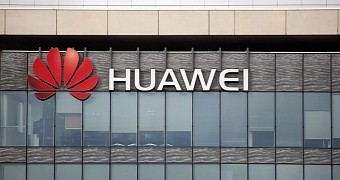Huawei has recently been banned from working with American companies, which technically means that it can no longer use products that are developed by its partners in the United States.
Among them there’s Google and Microsoft, who both make operating systems running on Huawei devices.
As a major Android device manufacturer, Huawei can no longer license Google’s operating system for future models, with existing customers worried that their current models could be affected as well.
However, in a statement for PA, Huawei says there’s no reason to be concerned about losing support for the models that are currently on the market.
“Huawei will continue to provide security updates and after-sales services to all existing Huawei and Honor smartphone and tablet products, covering those that have been sold,” the company says. “The products we have sold and currently sell will not be affected. You will be able to use them as you normally would.”
In-house operating system
While the Chinese tech giant hasn’t discussed future models, Huawei says Google security patches would continue to be delivered to the existing models on the market.
The bigger challenge for Huawei is to deal with the lack of a license for Android on future devices.
The company is currently working on its very own operating system that would replace not only Android, but also Windows. Called Hongmeng, this OS is projected to be ready for Chinese customers later this year, while the international launch should take place sometime in 2020.
And while the US ban would be more or less resolved with an in-house developed OS, Huawei is yet to reach self-sufficiency when it comes to hardware.
Several components coming from US-based companies can no longer be used on its devices, and more recently, it has emerged that the use of SD cards could be blocked too. Huawei says that “the use of SD cards on Huawei smartphones won’t be affected,” albeit once again, this seems to concern existing models rather than future generations.

 14 DAY TRIAL //
14 DAY TRIAL //